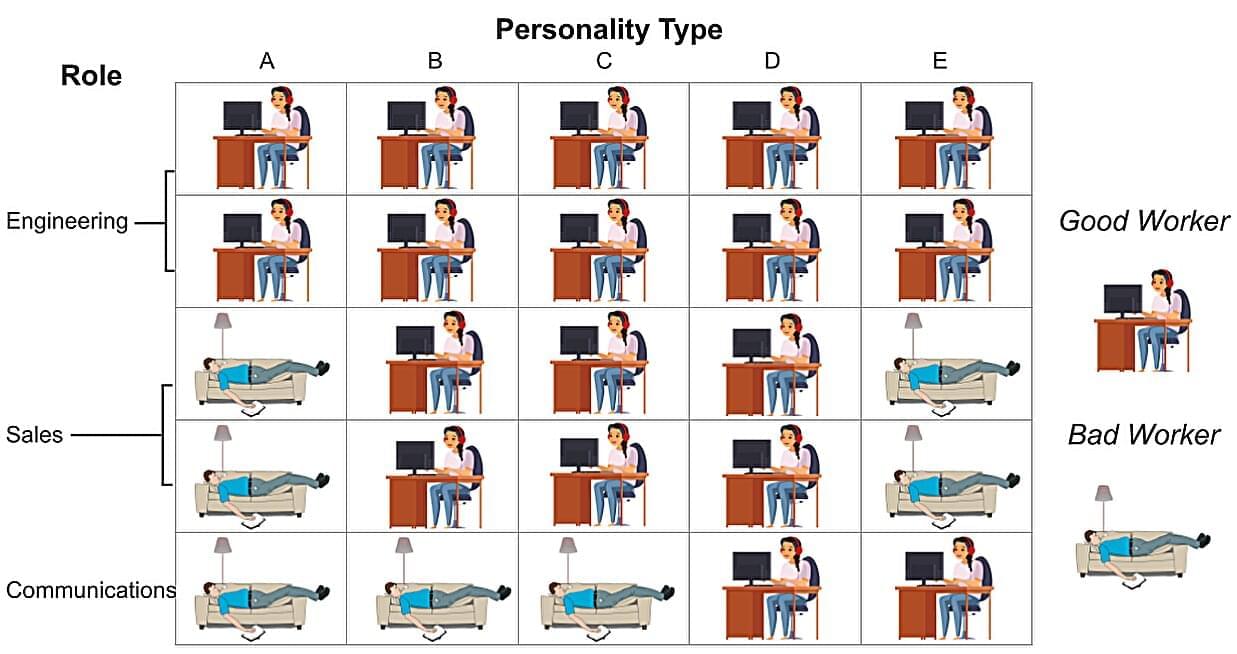As artificial intelligence takes off, how do we efficiently integrate it into our lives and our work? Bridging the gap between promise and practice, Jann Spiess, an associate professor of operations, information, and technology at Stanford Graduate School of Business, is exploring how algorithms can be designed to most effectively support—rather than replace—human decision-makers.
This research, published on the arXiv preprint server, is particularly pertinent as prediction machines are integrated into real-world applications. Mounting empirical evidence suggests that high-stakes decisions made with AI assistance are often no better than those made without it.
From credit reports, where an overreliance on AI may lead to misinterpretation of risk scores, to social media, where models may depend on certain words to flag toxicity, leading to misclassifications—successful implementation lags behind the technology’s remarkable capabilities.

Based on info on this website the choice of not allowing it to integrate into one’s life will not be acceptable to it or to those who worship and serve it.